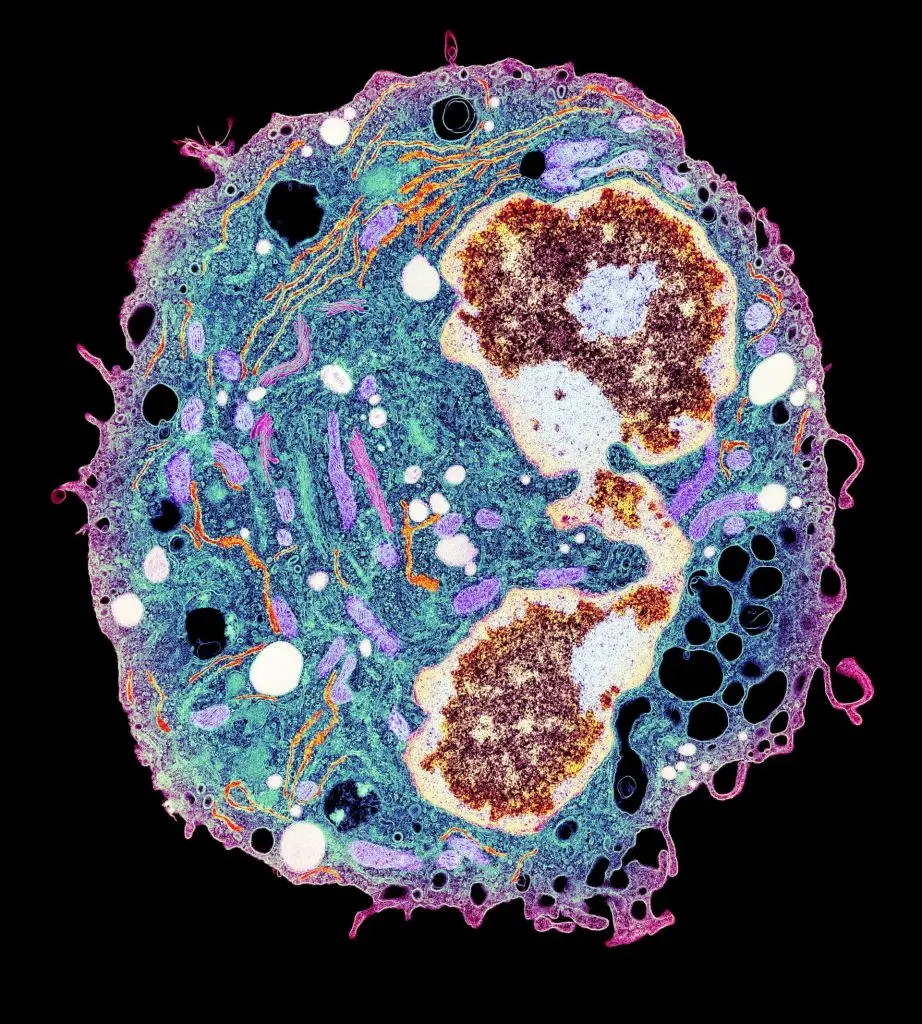Database of Immune Cell Epigenomics
Database of Immune Cell Epigenomics
In 2014, the National Institutes of Health awarded a $4 million grant to La Jolla Institute to build an immune cell epigenome-database and make it freely available to researchers worldwide. The Database of Immune Cell Epigenomes (DICE) is designed to give researchers insights into how genes act within the immune system to set it in motion.
Understanding the mechanisms of the immune response—how various immune cells function and respond to specific pathogens; how immune cells protect against some diseases and contribute to other chronic ones—is vitally important. We know that these processes are controlled by specialized genes in each immune cell type. Individual differences in genes can be critical, but we know relatively little about how these genetic variations affect the overall immune response by functioning in specific immune cells.
The Database of Immune Cell Epigenomes significantly expand the knowledge that scientists have gained through genome-wide association studies. Genome-wide association studies have identified pieces of DNA that influence susceptibility to arthritis, diabetes or other conditions, but in most cases we do not know the function of those regions of our DNA. The studies funded by the new grant to LJI help reveal these functions and spur the creation of the database.
Through the power of genomics, the database offers researchers a view of the immune system in action by pinpointing genes that are active, or poised to be active, within each type of immune cell. With these maps in hand, researchers can focus directly on developing new vaccines and treatments for disease.
Labs
Related News
- Institute News
- Research News






